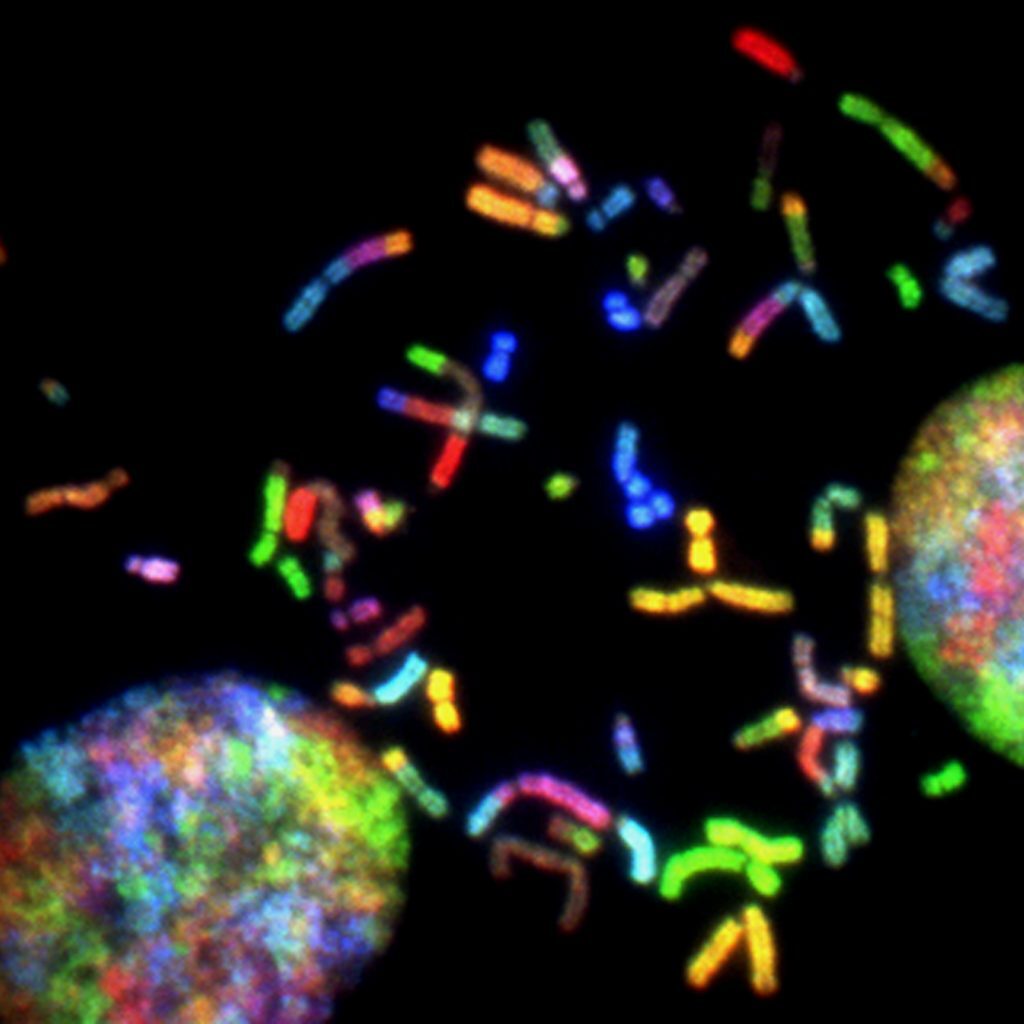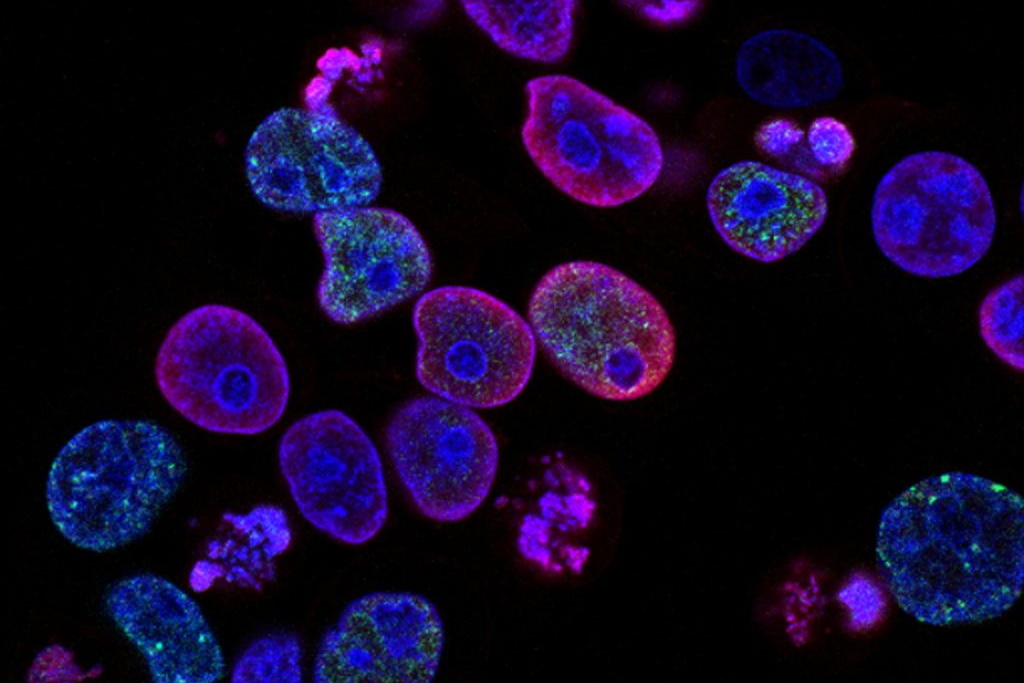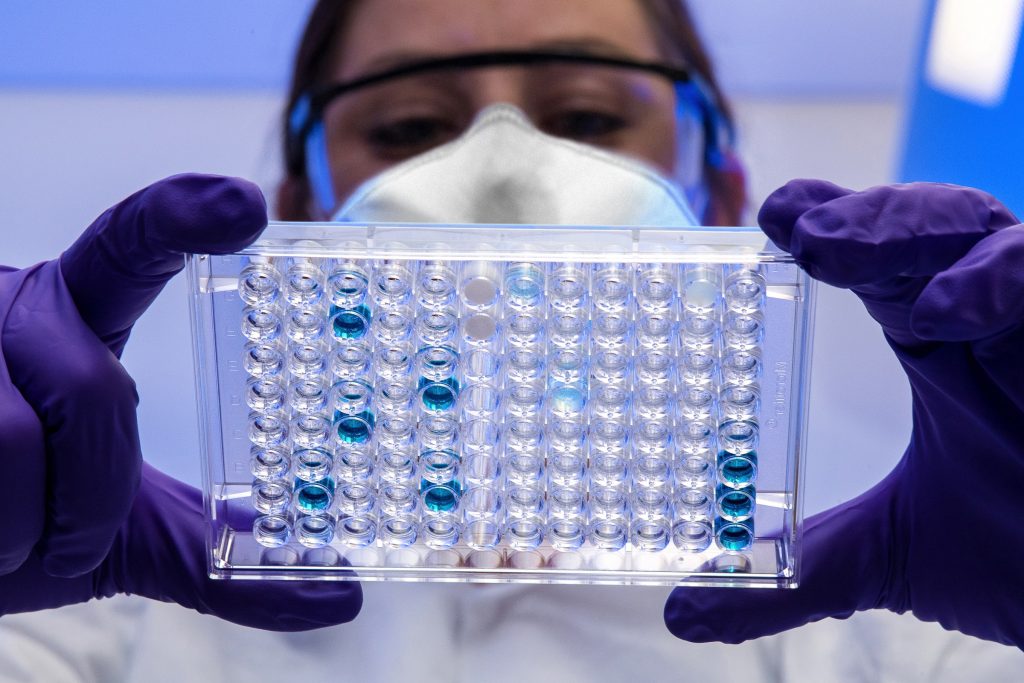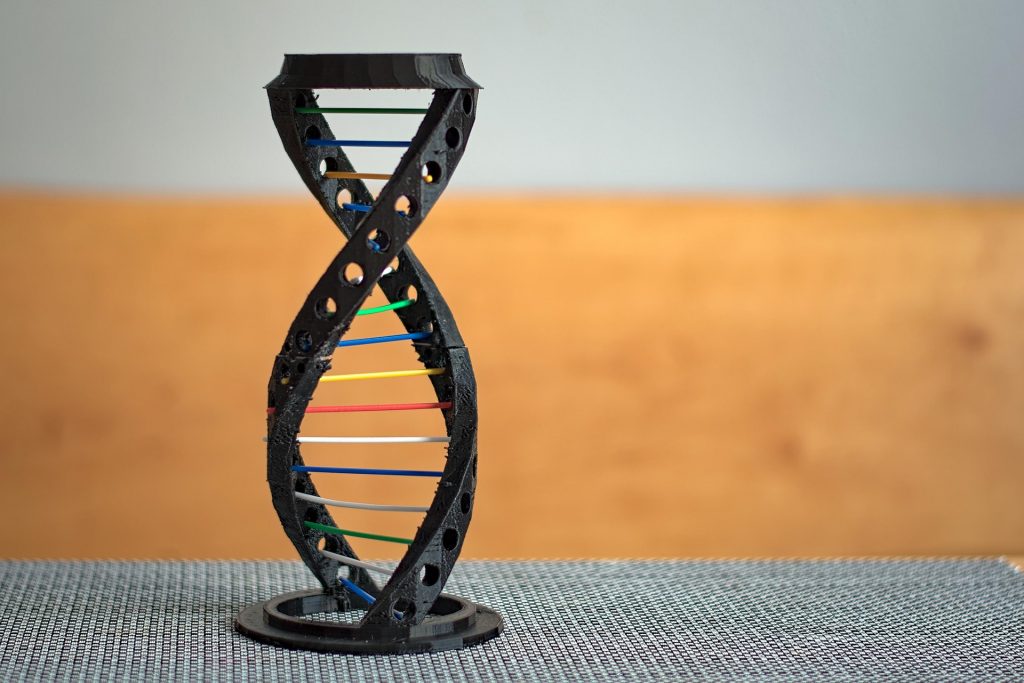Nuclear pCHK1 as a Potential Biomarker of Increased Sensitivity to ATR Inhibition (J Pathol, Nov 22)
Vignesh Sundararajan 1, Tuan Zea Tan 1 2, Diana Lim 3, Yanfen Peng 1, Antje Margret Wengner 4, Natalie Yan Li Ngoi 5, Anand D Jeyasekharan 1, David Shao Peng Tan 1 5 Affiliations 1Cancer Science Institute of Singapore, National University of Singapore, Singapore, Singapore. 2Genomics and […]











